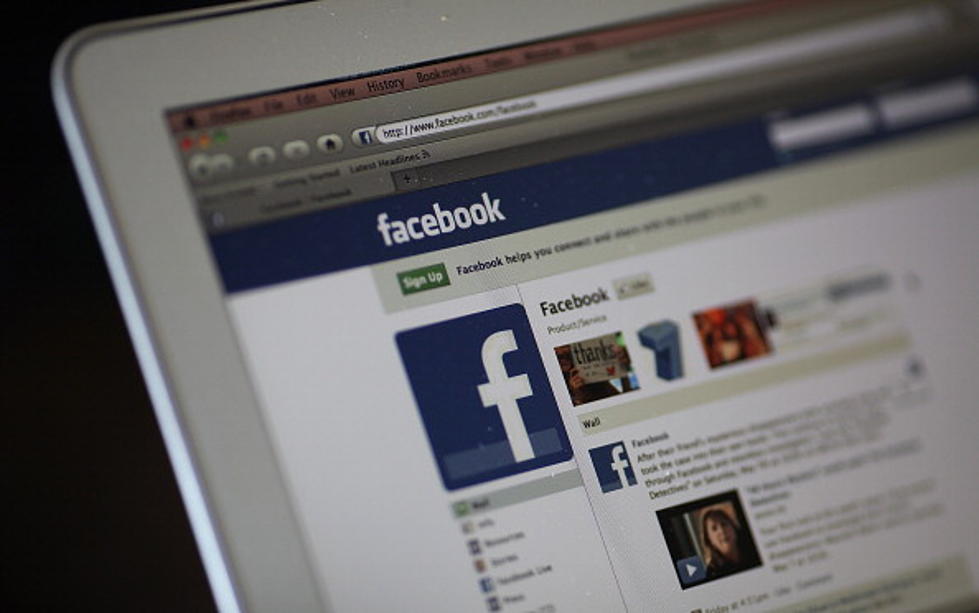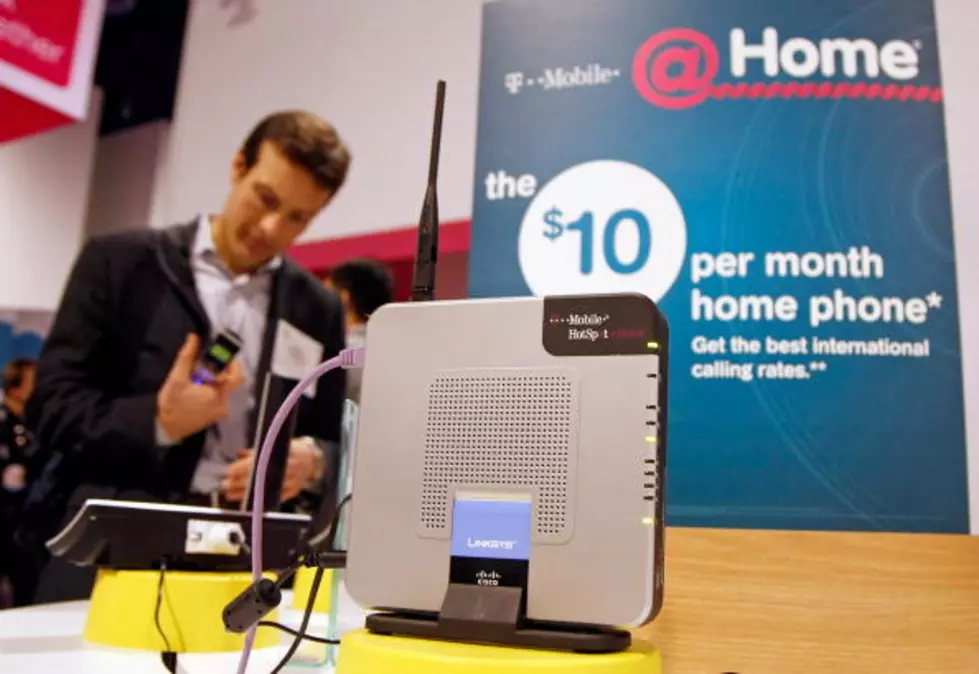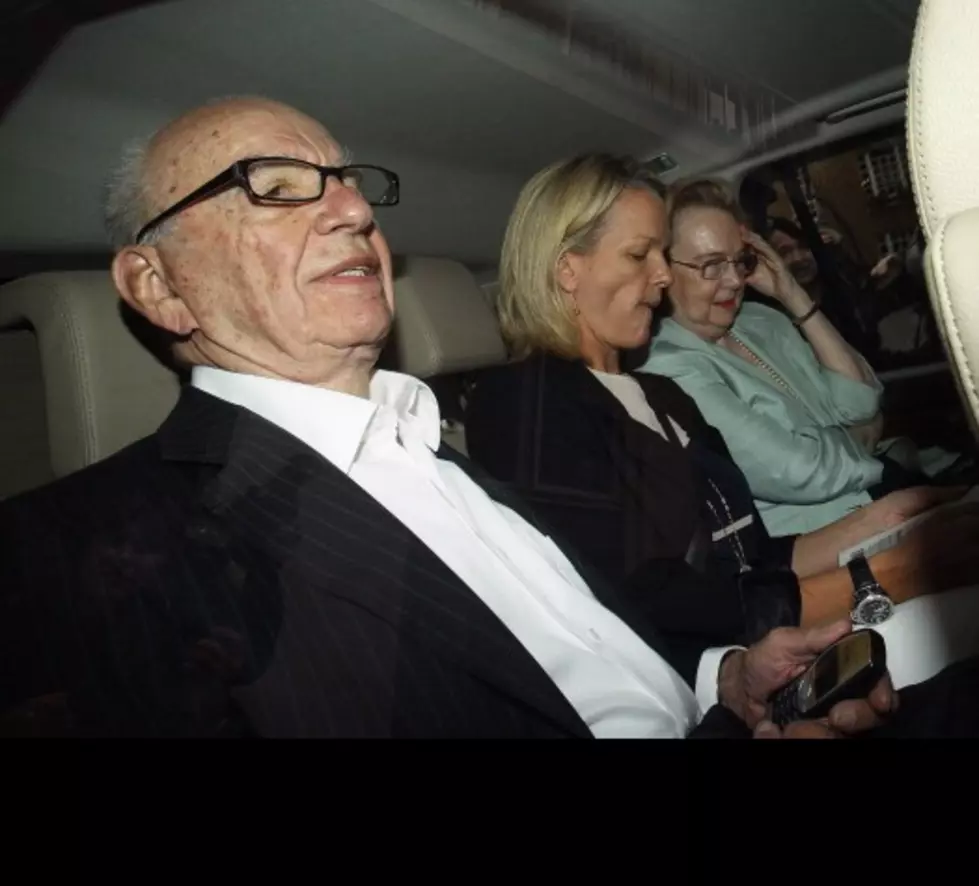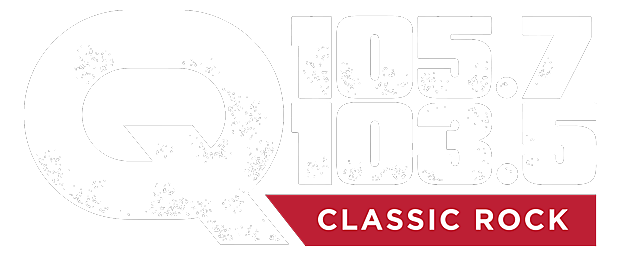
Tech Tuesday – Ham Radio is The Original Wireless Technology
Many people know Wi-Fi as a wireless technology that interconnects computers, handheld and mobile devices together on a home network or to the internet at large. But before all that, there was a wireless technology that existed and still does to this day. It's radio. You use it every day yourself. You listen to us! 103.5 MHz and 103.9 MHz FM, or Frequency Modulation. Today I'll tell you about another aspect of radio. Amateur Radio, better known as Ham Radio.
While Ham Radio for many is a hobby, it is also considered a public service. In fact, the FEMA has made Amateur Radio a part of many of it's disaster plans because when a disaster strikes, ham radio operators, when asked to volunteer their time and equipment to help with communications when the normal forms either breakdown or are just overloaded, can setup quickly with or without commercial power. Some recent examples, are the Haitian earthquake, Hurricane Katrina, as well as the tsunamis in central Asia. And more recently, Japan's earthquake.
To help prepare for times like this, Hams work as many stations as possible on any and all amateur radio frequencies and to learn to operate in abnormal situations in less than optimal conditions. It's called Field Day, and it happens every June. Usually the last weekend of the month. The rest of the year, we simply talk or use our radios for fun and enjoyment. All the while tweaking and trying new things.
Hams come from all walks of life. Soccer moms, lawyers, factory workers and even astronauts. In fact, many of the astronauts on board the International Space Station and that fly the Space Shuttles are Ham Radio operators. And Ham Radio is was aboard nearly all flights of the shuttle as well as currently on the space station. There are websites and software you can use to track them in orbit, and with a modest setup, hear and talk to them as well.
There's many different parts to this hobby. You can just talk, or interface your computer to a radio and communicate with digital modes and even do television. And then, there are those that like to experiment with new radio designs, antenna designs or even software to create a new mode of communication. All this is done as a hobby and for no money. Hams are not compensated for their time.
Some have said that Ham Radio is on the way out. An old technology that hasn't stood the test of time. Actually, it has incorporated new technology into it. Voice over IP like Skype, has been part of Ham Radio now for many many years. Digital radio signals as well as digital TV signals are emerging into the hobby as well. And, the number of new operators has grown over the years, with almost 2 million hams licensed in the world, 700,000 of which are in the U.S.
If this sounds like something you might want to do, or you just want to learn a little more, there are a bunch of places online that you can go to get more info. One is the American Radio Relay League, an organization that represents Ham Radio in Washington, as well as "..To promote and advance the art, science and enjoyment of Amateur Radio." You can also contact local radio clubs, or just come on out and see us during the upcoming Field Day.
Here are some local clubs and where they will be setup...
- The Schenectady Museum Amateur Radio Club will be at the Kiwanis Park in Lower Rotterdam Jct., NY the weekend of June 25th.
- The Troy Amateur Radio Club will be in Frear Park, in Troy, NY on June 25th.
I'll update as I get more info from other clubs.In the mean time, here is a video to help show what I was talking about. It's a little dated, but it still gives you the info.
$>logout
More From Q 105.7
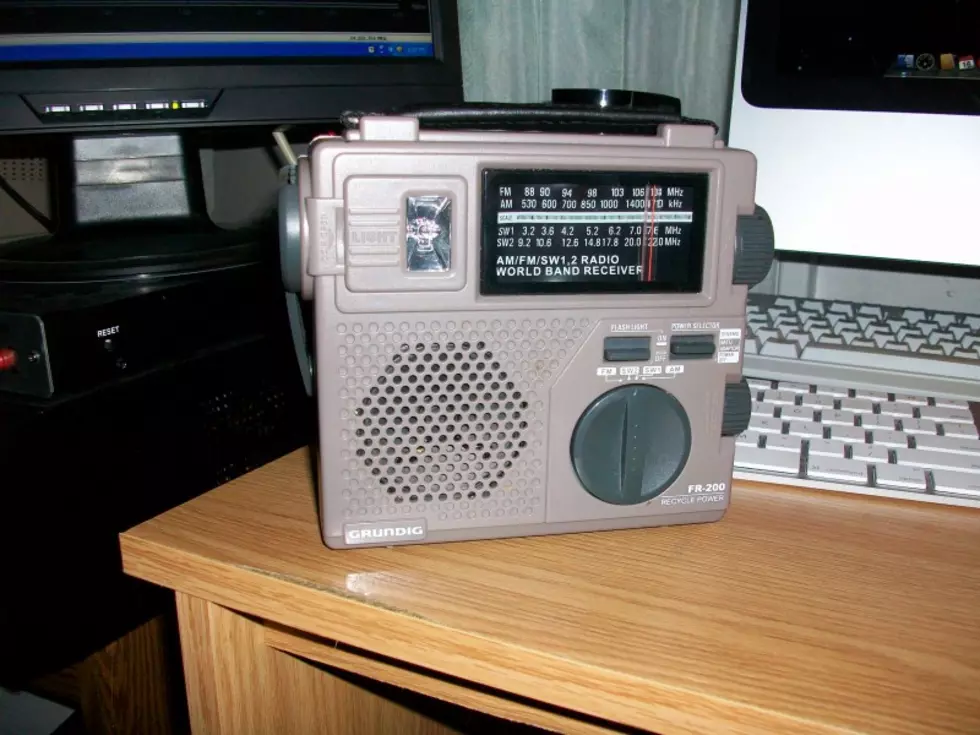
![You Can Arrest This Man For Trashing A T-Mobile Store But You’ll Never Crush His Spirit [VIDEO]](http://townsquare.media/site/79/files/2012/07/phone-smash.jpg?w=980&q=75)



